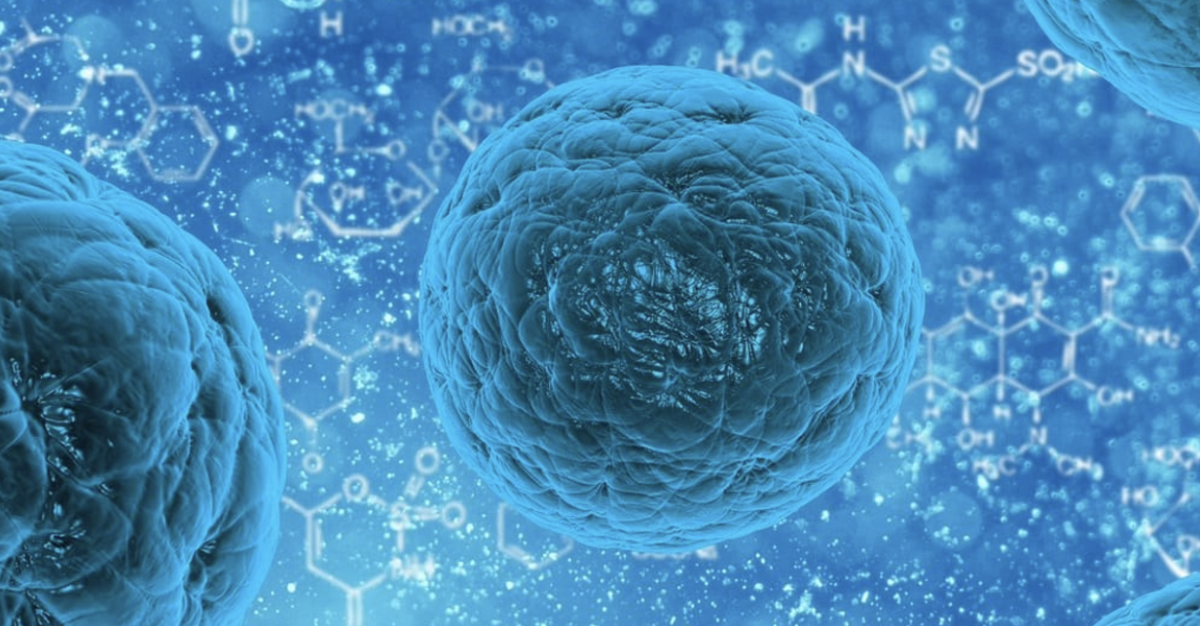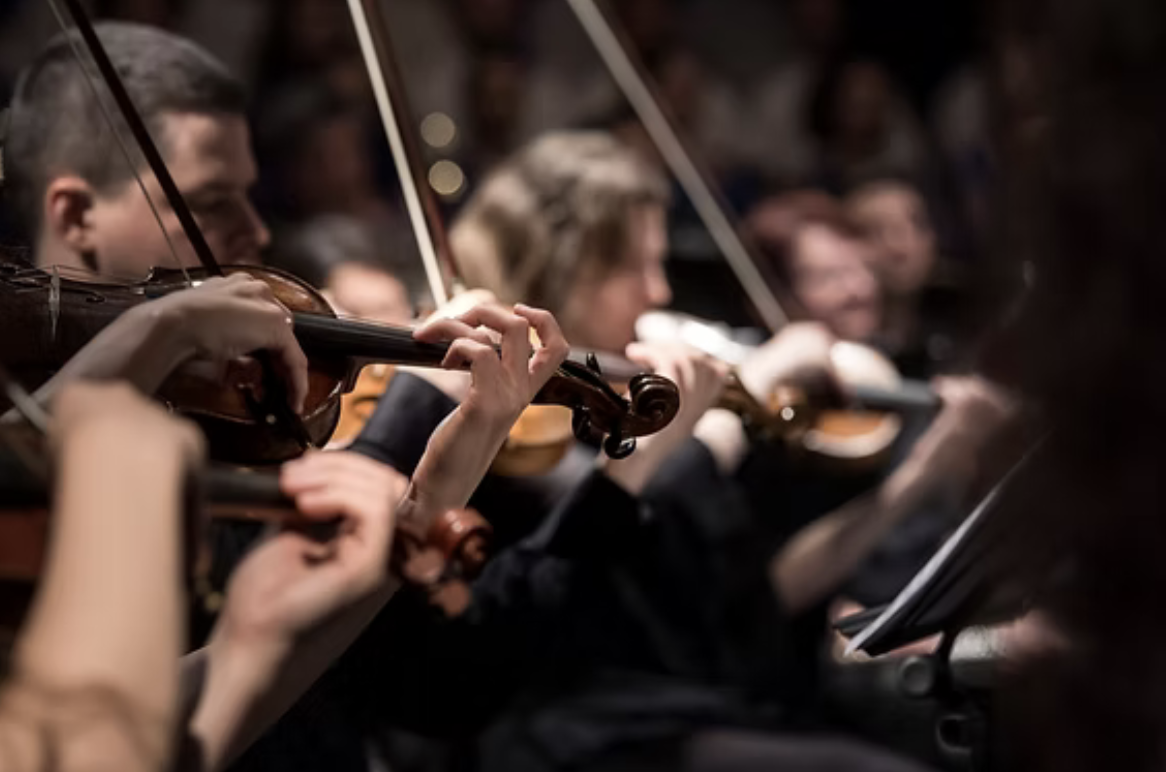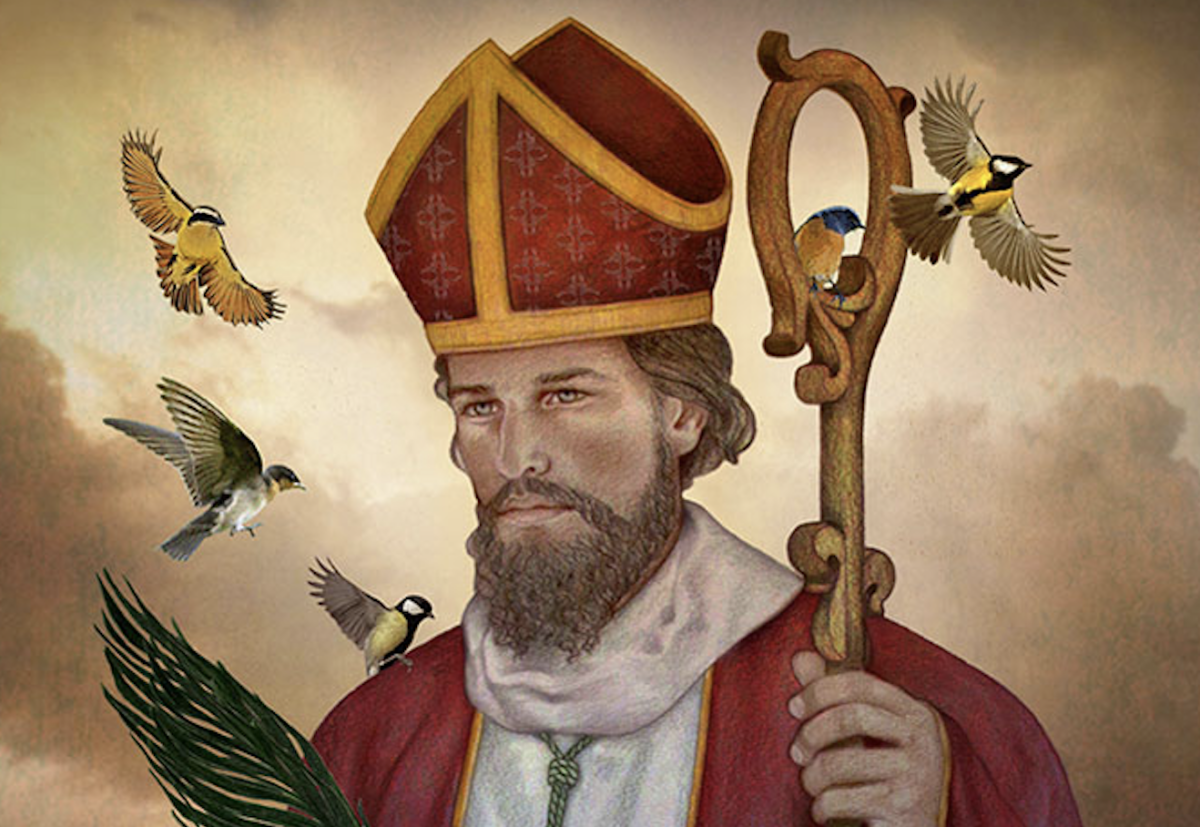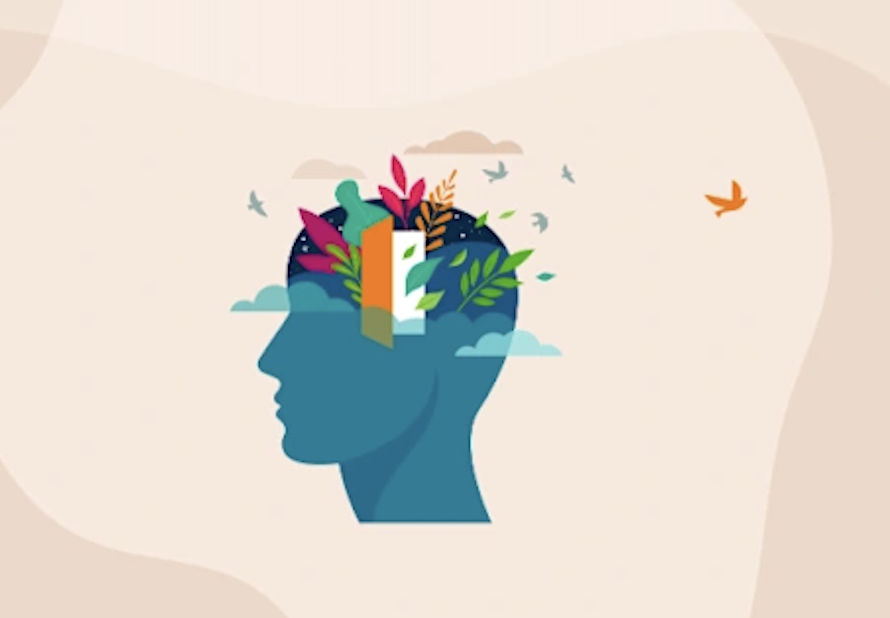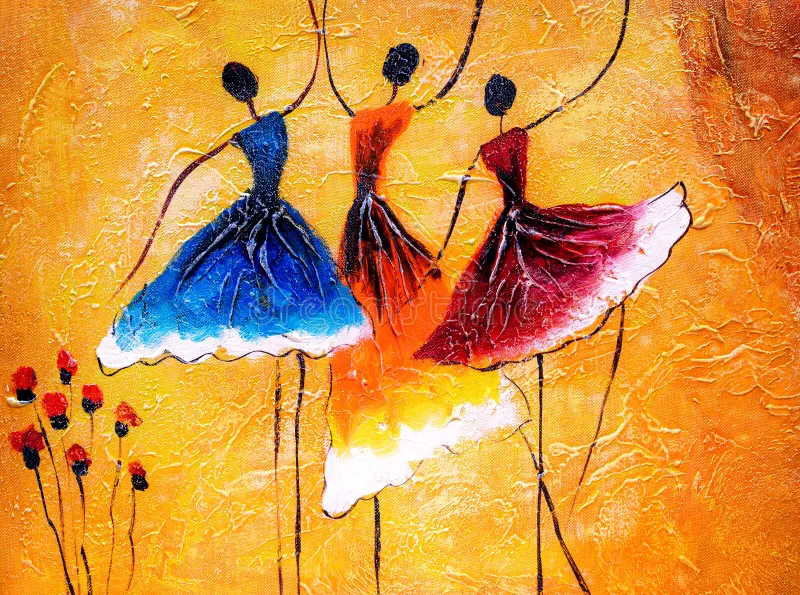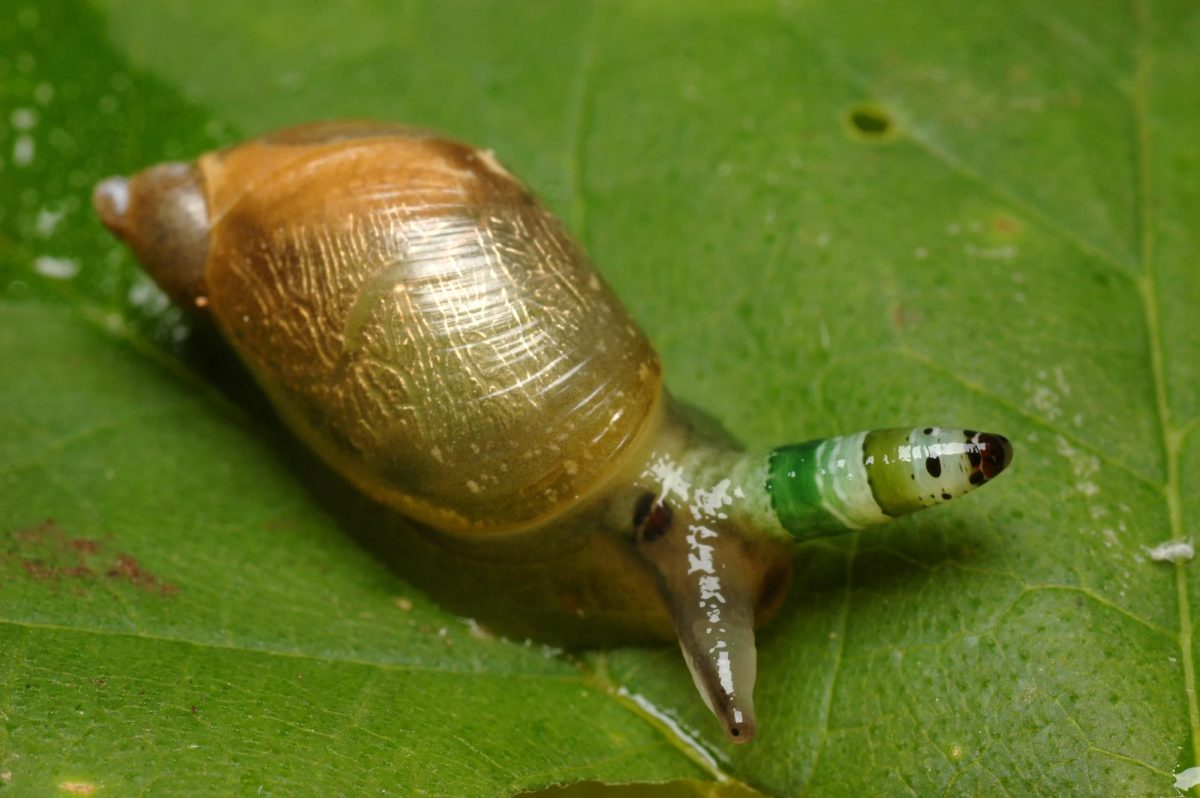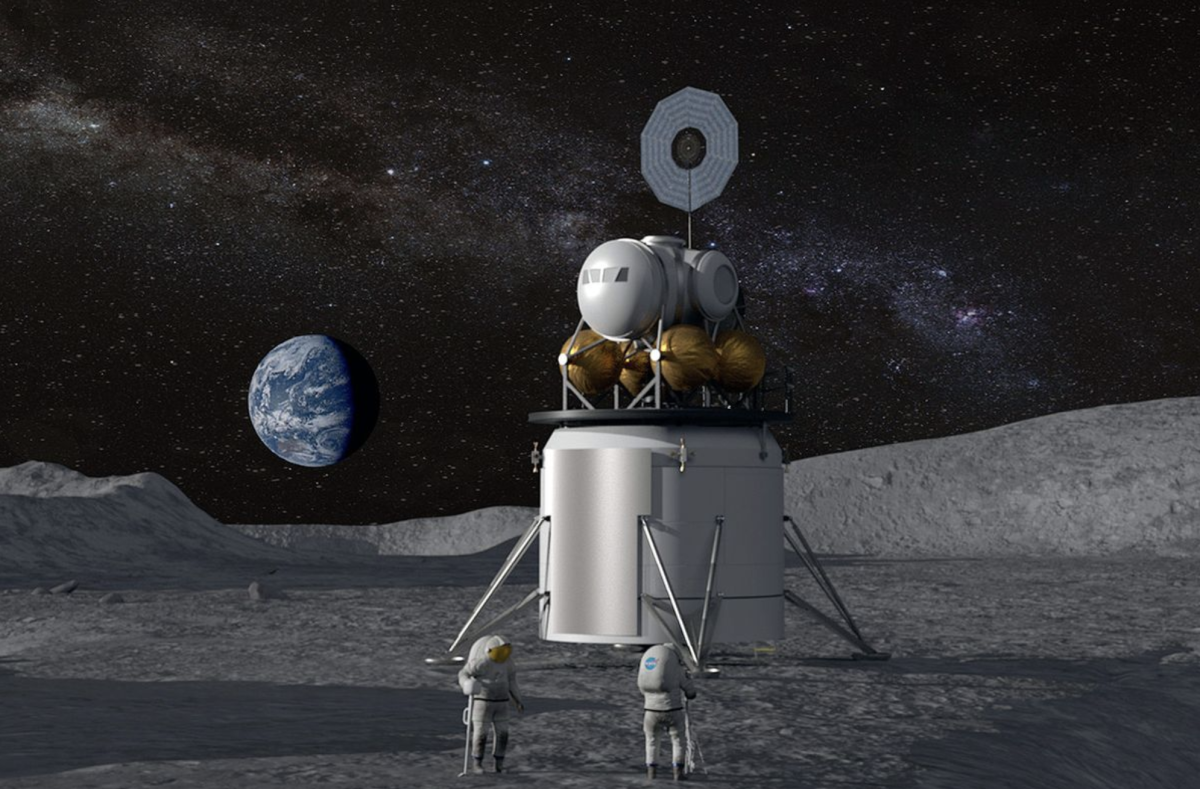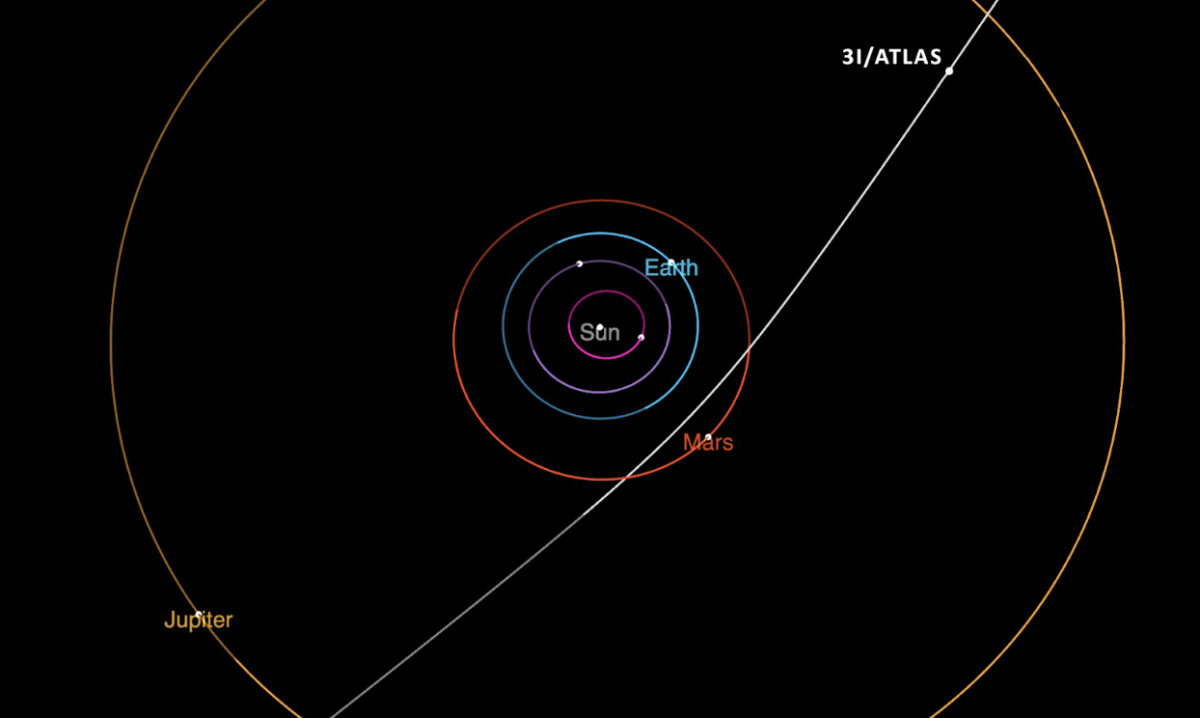What is consciousness? It can usually best be defined as a state of being aware and responsive to one’s surroundings. Another meaning of consciousness is a subjective experience that comes from within, and yet a third definition is the ability to have explicit self-conscious awareness, which is only applied to humans. Needless to say, consciousness is very difficult to define, and we do not have one simple rule for what is conscious and what is not. But has anyone heard of a cell being conscious?
Recently, there has been a large influx of research claiming exactly that – the cells that make up all of us are individually conscious. This theory has been coined the Cellular Basis of Consciousness (CBC). It is a hard idea to wrap your mind around, but if the hypothesis is true, it could have a revolutionary impact on countless fields, both in biology and outside of it. So what is the research that prompted scientists to make the hefty conclusion that cells have consciousness?
Research
A pioneer in this field is William B. Miller, Ph.D. He has published countless papers on the subject and co-authored the book The Sentient Cell: The Cellular Foundations of Consciousness, published in January 2024. As he explains, the consciousness of a cell does not entail abstract thought, and it is certainly not the driving force for our own thoughts, sensations and emotions. How the cell’s consciousness does manifest itself is in analyzing and processing data from the cell’s surroundings and taking action based on that data. For example, a bacterial cell has been seen to measure light signals internally, thus demonstrating a conscious experience. Other microbes, apart from bacteria, also make decisions based on their environment in this way, such as through releasing a hormone or moving in a specific direction.
Colonies of cells also support the hypothesis, as Miller states. Groups of cells with a collective metabolism form a sort of city in our human terms. “In order to make this ecology flourish, each of these cells is taking intelligent action. They’re communicating with one another and both individually and collectively deploying resources. That’s problem solving and decision making. That’s cognitive action, and it’s one element of consciousness”.
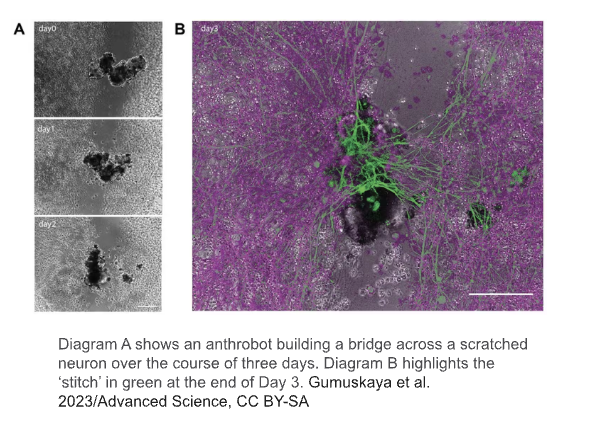 Surprisingly, another team consisting of Peter Noble, PHD and Alex Pozhitkov, Ph.D, also arrived at the conclusion that cells have consciousness via a different route. They were using xenobots – a computer-created lifeform made from frog cells – to conduct research (xenobots are an incredibly exciting technology, so I encourage the reader to look into them further if interested, from the further reading/sources section). The team’s original research investigated organismal death, in which they not only found that the xenobots used their cilia (small, hair-like structures) for movement through their surroundings but also that they are able to perform kinematic self-replication. This means they can physically replicate their structure and function without growing. As the self-sustaining and self-producing characteristics of cells could be seen as prerequisites for cognitive processes, this quality could support CBC. Finally, the researchers also found that solitary human lung cells can assemble themselves into small multicellular organisms and cooperate, navigating their surroundings and repairing both themselves and the neuron cells placed around them.
Surprisingly, another team consisting of Peter Noble, PHD and Alex Pozhitkov, Ph.D, also arrived at the conclusion that cells have consciousness via a different route. They were using xenobots – a computer-created lifeform made from frog cells – to conduct research (xenobots are an incredibly exciting technology, so I encourage the reader to look into them further if interested, from the further reading/sources section). The team’s original research investigated organismal death, in which they not only found that the xenobots used their cilia (small, hair-like structures) for movement through their surroundings but also that they are able to perform kinematic self-replication. This means they can physically replicate their structure and function without growing. As the self-sustaining and self-producing characteristics of cells could be seen as prerequisites for cognitive processes, this quality could support CBC. Finally, the researchers also found that solitary human lung cells can assemble themselves into small multicellular organisms and cooperate, navigating their surroundings and repairing both themselves and the neuron cells placed around them.
Micheal Levin is yet another researcher who found evidence for cells being conscious, again using xenobots. He likens consciousness and cognition to a spectrum, much like the electromagnetic spectrum, and he hopes we will be able to “develop tools that let us recognize—and ethically relate—to these very alien minds that are all around us”.
Implications
As one can imagine, the implications of these ground-breaking discoveries are limitless.
Miller has used his research to publish further papers together with his co-authors in which they postulate that a form of cellular consciousness drove life’s evolution, building upon Charles Darwin’s work on evolution. Miller states that CBC leads to an “entirely new biological narrative where genes are not controlling, genes are tools”, and helps explain why organisms choose to live as a part of a large group: for “decision-making, mutual support, partnerships, synergies, co-dependencies, collaboration—it’s not survival of the fittest”.
Furthermore, Miller believes we can use CBC to better understand our own consciousness. “Every aspect of the consciousness that I’m experiencing is a simultaneous aggregation of the consciousnesses of all of my body cells and all of those microbes working in tandem, coordinating so seamlessly that I feel like I’m one individual.”
A cellular third state after life and death is theorized to exist by Noble and Pozhitkov following their xenobot research, as they describe how “certain cells – when provided with nutrients, oxygen, bioelectricity or biochemical cues – have the capacity to transform into multicellular organisms with new functions after death.”
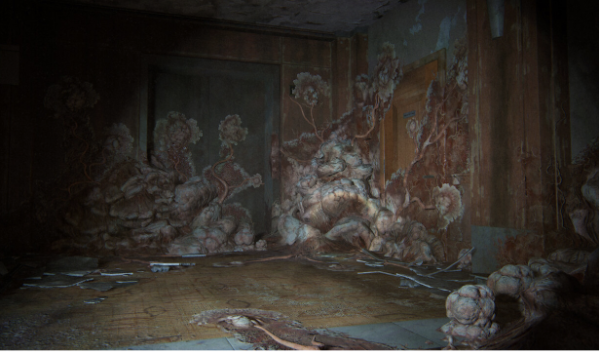 The idea of cells having consciousness certainly challenges our reconceived notions of cognition and philosophical consciousness. However, if CBC research continues to gain support, it could reshape our understanding of evolution, medicine, cellular death and the very nature of consciousness itself.
The idea of cells having consciousness certainly challenges our reconceived notions of cognition and philosophical consciousness. However, if CBC research continues to gain support, it could reshape our understanding of evolution, medicine, cellular death and the very nature of consciousness itself.
For my part, I hope that the CBC implication proposed by Professor Money—namely that fungal behaviour, such as reacting to their surroundings, pursuing food, and recognising threat, is evidence enough for fungi to be conscious—does not make the apocalyptic “Last of Us” scenario more likely.
Sources and further reading:
- https://www.popularmechanics.com/science/a63917106/cells-conscious-xenobots/
- https://phys.org/news/2023-12-explores-cell-based-theory-consciousness-entails.html
- https://www.popularmechanics.com/science/a61059424/every-cell-in-your-body-could-be-conscious/
- https://researchoutreach.org/articles/new-theories-expand-cognition-fungi/
- https://www.popularmechanics.com/science/a64256061/consciousness-michael-levin/
- https://www.psychologytoday.com/us/blog/theory-knowledge/202104/three-basic-meanings-consciousness
- https://theconversation.com/biobots-arise-from-the-cells-of-dead-organisms-pushing-the-boundaries-of-life-death-and-medicine-238176


